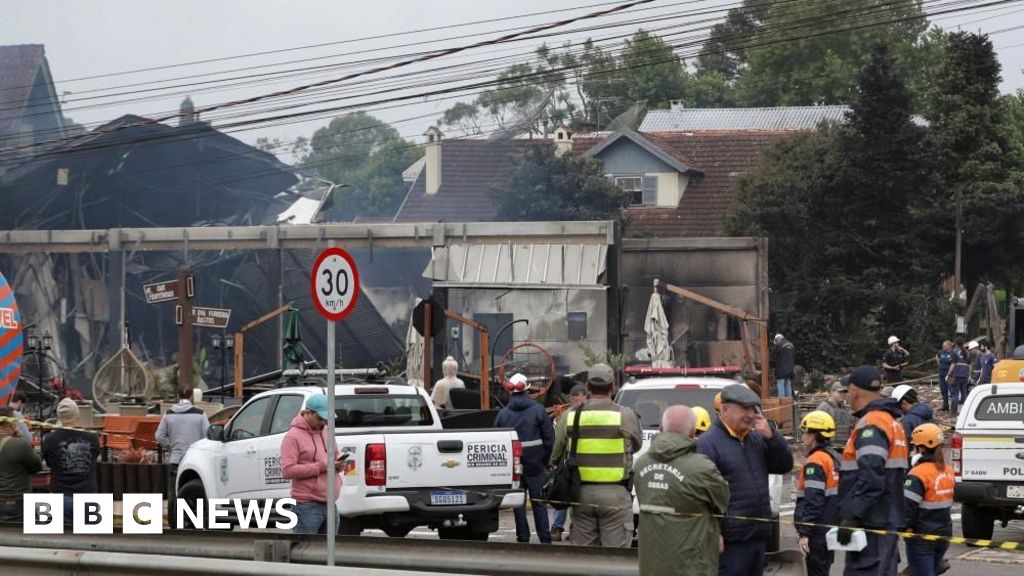Syrians react to the fall of the Assad regime
Damascus – Syria's capital city was on auto-pilot Tuesday, with no new government in place in the wake of the dramatic rebel offensive that toppled longtime dictator Bashar al-Assad on Sunday. But as the former al-Qaeda offshoot that led that charge put some of its senior figures in charge of a self-declared transitional administration, many Syrians appeared determined to try to get on with business as usual.
Some institutions, including Syria's central bank, asked employees to show up for work, and many people appeared to be hoping that just sticking to daily routines would prove the safest option in the face of complete uncertainty over the country's future.
Some efforts are being made to quell concern. Mohamed al-Bashir, a politican who previously led local government in the parts of northwestern Syria and Idlib ruled by Hayat Tahrir al-Sham, or HTS, before its extraordinary 12-day lightening offensive, has been named a transitional prime minister for the next three months.
 Members of the public pose for a photograph as they climb the steps of the former President Bashar al-Assad's abandoned presidential palace on Dec. 9, 2024.
CBS News
Members of the public pose for a photograph as they climb the steps of the former President Bashar al-Assad's abandoned presidential palace on Dec. 9, 2024.
CBS News
And while there remains lingering anxiety, there was still an excited buzz, especially in the capital Damascus, which until Sunday was the seat of the Assad family's brutal grip on power for half a century. On Monday, crowds came to sightsee around one of the former dictator's houses and to get to know the Islamist fighters who swept into their city on Sunday.
Those rebel forces, while patrolling the streets, were on their best behavior -— even allowing members of the public to hold their weapons for smiling photo opportunities.
"It's a celebration for all of us, for all the Syrians: here and all over the world," said Lina Zacchar, one of the many Syrians who came to take a look at the former president's family home. "My mum is Christian, so she is afraid. But we are telling her... we hope for a new Syria. We are all brothers, we are all sisters, we are all one! We are Syrians."
At another symbol of the regime, the presidential palace, members of the public walked the vast ceremonial rooms where the Assads once welcomed dignitaries.
The idea of getting anywhere near the palace would have once been unimaginable for the general population. Now, its doors are wide open. CBS News found the palace patrolled by a rebel soldier named Ahmed who had nearly been killed opposing Assad's forces nine years ago.
"I was personally targeted and I was wounded in a strike in 2015 on our home. My relatives are detained and I don't know their destiny," Ahmed told CBS News on Monday. "They might be in the regime prisons and I hope we can release them from it."
Ahmed – like all of the other rebel fighters – is waiting for new orders. There remains a huge question mark over HTS's efforts to gain political legitimacy, tarnished by a questioned human rights records in the areas of Syria in which it has governed, and lingering doubts about the faction's ability to heal the country's religious divides.
Parts of the country also remains ravaged by war as Turkey-backed opposition fighters battle U.S.-allied Kurdish forces in the north, and the Islamic State group and its extremist ideology remains active in pockets of the country.
As Syria undergoes a seismic transition, the country is in a historic, but still dangerous, moment.












 English (US) ·
English (US) ·